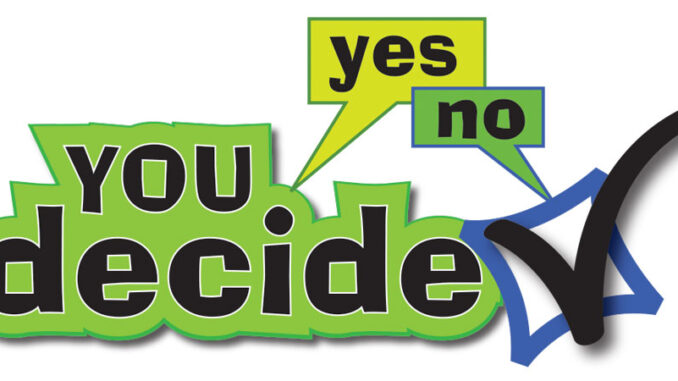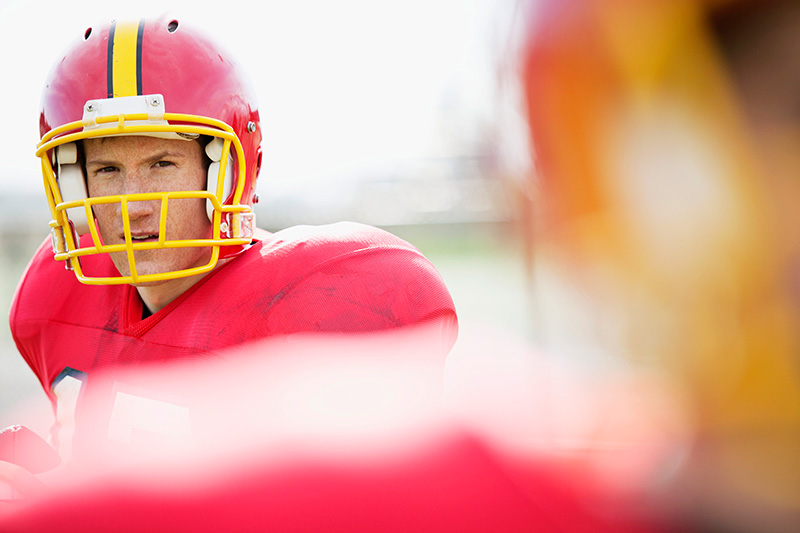

This week, the Supreme Court has agreed to review the case of Lee v. Tam, which may have an important impact on the ongoing Washington Redskins trademark and logo dispute. Lee v. Tam involves an Asian-American rock band, The Slants, who sued the U.S. Patent and Trademark Office (USPTO) for denying them a trademark because the name of their band was viewed to be offensive. A similar case involving the Washington Redskins football team trademark is currently under review by an appellate court, and a ruling on Lee v. Tam could potentially settle the Redskins case as well.
The Washington Redskins trademark and logo dispute began in 1992, when several Native Americans petitioned the USPTO to cancel the Redskins’ trademark for being disparaging–meaning that it hurt the reputation of Native Americans as a people. However, the court found insufficient evidence of disparagement and did not cancel the trademark. A second case, Blackhorse v. Pro-Football, Inc. was filed in 2014. In Blackhorse, the court did find sufficient evidence of disparagement, and terminated the trademark. Pro-Football Inc. is currently appealing that decision.
An important point to clarify is that cancelling the team’s trademark does not mean that the Redskins are forbidden from using its trademark and logo. Rather, it only means that the team no longer has the power to keep others from using the trademark and logo without its permission. In other words, it is possible that others would be able to make and license products using the Redskins logo.
So, pending the decision of the lower court, you decide whether the Supreme Court should hear a case on the issue of the Washington Redskins logo.
YES
- A professional sports team should not be allowed to profit financially from offensive or racist stereotypes.
- The USPTO was within its rights when it terminated the Redskins’ trademark and logo. Under Section 2(a) of the Lanham Act, the USPTO may deny or cancel a trademark if it is disparages persons, institutions, or national symbols.
- Cancelling the trademark does not violate free speech. According to trademark law, even though a trademark may not be registered, an organization is still free to use it.
- Furthermore, team names and logos are considered “commercial speech,” and therefore are not protected by the First Amendment.
NO
- The government should not be able to decide what types of speech are forbidden. Banning a trademark is a violation of free speech protection and is unconstitutional.
- The team has a long history of using the name “Redskins” and stands to lose a lot financially if trademark protection is not restored.
- Other professional sports teams also use trademarks and logos that could be deemed offensive, such as the Atlanta Braves, the Chicago Blackhawks, and the Cleveland Indians. It is unfair that the Redskins have been singled out.
- The section of the Lanham Act which bars trademarks for being “disparaging” violates freedom of expression, because the wording of the section is too vague. After all,what is considered disparaging to one person or group may not be considered so to another. Also, many legal experts believe that it has not always been applied with consistency in court cases.

